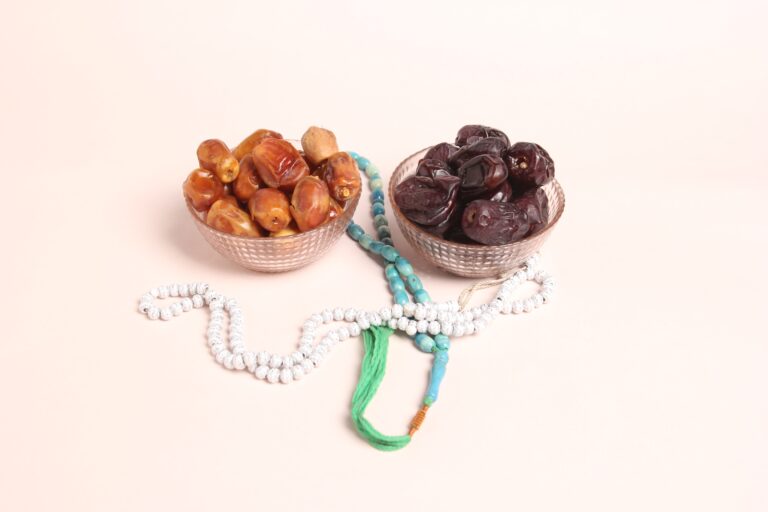HOW TO TAKE CARE OF TEETH DURING RAMADAN
Ramadan is a month of spiritual renewal and reflection for Muslims around the world. It is a time of fasting, prayer, and self-discipline. During this holy month, Muslims fast from sunrise to sunset, abstaining from food and water. While many people focus on their spiritual well-being during this time, it is also important to pay attention to physical health. One area that can be easily overlooked is dental health. Here we will explore some tips on how to take care of your teeth during Ramadan.

DENTAL TIP FOR RAMADAN
Brush Your Teeth Twice a Day
It’s important to brush your teeth at least twice a day, even during Ramadan. You can brush your teeth before the morning meal (Suhoor) and after the evening meal (Iftar). Make sure you brush for at least two minutes, and use a fluoride toothpaste to protect your teeth from decay.
Floss Daily
Flossing is just as important as brushing your teeth, as it removes food particles and plaque from between your teeth and along the gumline. Floss at least once a day, preferably before bed, to keep your teeth and gums healthy.
Stay Hydrated
During Ramadan, it’s important to stay hydrated. Dehydration can lead to dry mouth, which can increase the risk of cavities and gum disease. Drink plenty of water throughout the night to keep your mouth moist and healthy.
Avoid Sugary and Acidic Foods
During Ramadan, it’s tempting to indulge in sugary and acidic foods and drinks, such as sweets, fruit juices, and carbonated beverages. However, these foods and drinks can damage your teeth and increase the risk of decay. Try to limit your intake of these foods, or enjoy them in moderation.
Choose Nutritious Foods
Instead of sugary and acidic foods, choose nutritious foods that are good for your teeth and overall health. Eat plenty of fruits and vegetables, lean proteins, and whole grains. These foods provide essential vitamins and minerals that keep your teeth and gums healthy.
Rinse Your Mouth After Meals
After you eat, rinse your mouth with water or an alcohol-free mouthwash to remove food particles and bacteria from your mouth. This helps to prevent cavities and gum disease.
Visit Your Dentist Regularly
Regular dental check-ups are important for maintaining good oral health. During Ramadan, it’s a good idea to schedule a dental check-up after the month of fasting to ensure that your teeth and gums are healthy.
In conclusion, taking care of your teeth during Ramadan is essential for maintaining good oral health. By brushing and flossing regularly, staying hydrated, choosing nutritious foods, and avoiding sugary and acidic foods, you can keep your teeth and gums healthy and strong. Enjoy the holy month of Ramadan with a healthy smile.

